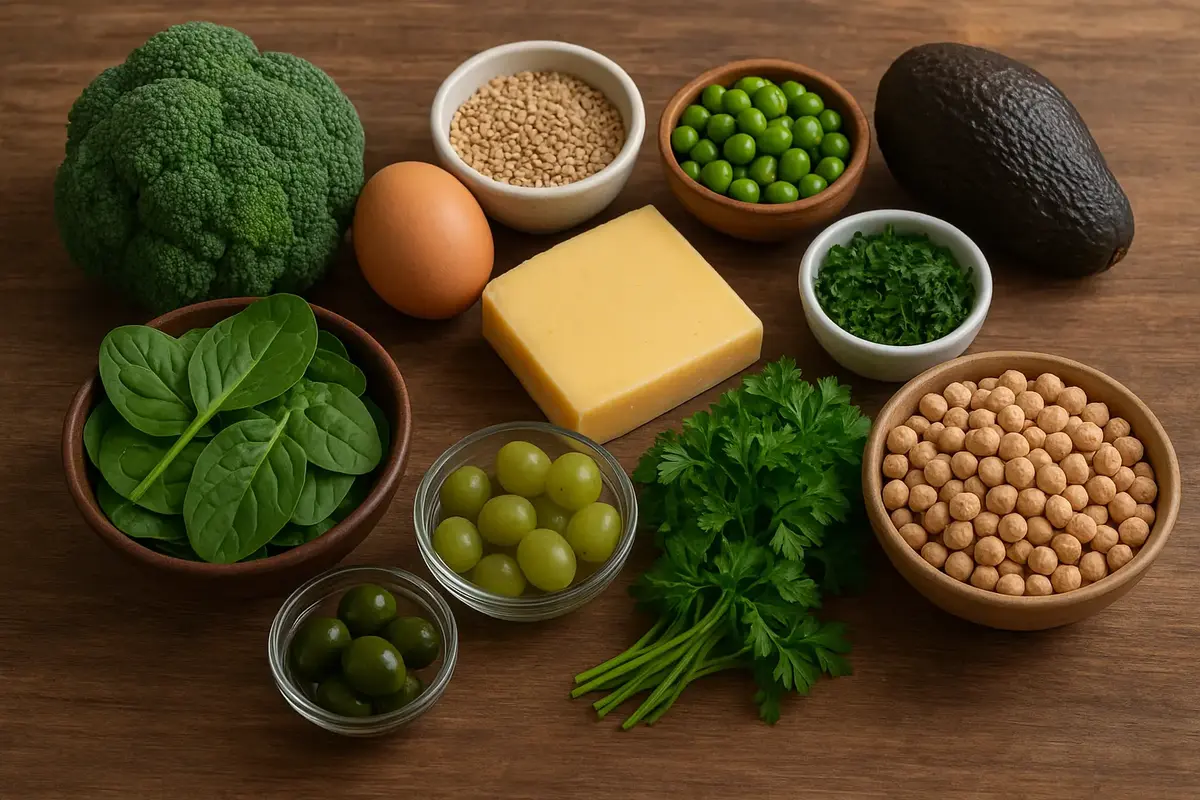
Vitamin K is an essential nutrient that plays a vital role in blood clotting, bone strength, and heart health. While kale is famous for being one of the best sources of vitamin K, several other foods actually contain even more of this important vitamin. Adding these foods to your diet can help you meet your daily vitamin K needs naturally while enjoying a variety of flavors and textures.
1. Natto
Natto, a traditional Japanese dish made from fermented soybeans, is by far one of the richest sources of vitamin K2. Just one serving can provide more than 10 times the daily recommended intake. Vitamin K2 helps direct calcium into bones and teeth while keeping it out of arteries, promoting both bone and cardiovascular health.
2. Collard Greens
Collard greens contain even more vitamin K than kale—one cooked cup provides over 800 micrograms, more than six times the daily requirement. They’re also packed with calcium, fiber, and antioxidants, making them excellent for bone strength and digestion. Steaming or sautéing them lightly helps preserve their nutrients.
3. Spinach
Spinach is another green powerhouse that surpasses kale in vitamin K content, with about 540 micrograms per cooked cup. It’s also rich in iron, folate, and vitamin A. Adding spinach to smoothies, omelets, or soups is an easy way to boost your vitamin K intake while enjoying its mild flavor.
4. Turnip Greens
Turnip greens are among the top leafy vegetables for vitamin K, offering over 600 micrograms per cooked cup. They also provide a healthy dose of calcium and vitamin C, which support strong bones and a robust immune system. Add them to stir-fries or stews for a flavorful nutrient boost.
5. Mustard Greens
Mustard greens contain about 500 micrograms of vitamin K per cooked cup—well above kale’s levels. They have a peppery flavor and are packed with antioxidants that support detoxification and inflammation control. Combine them with garlic and olive oil for a delicious side dish.
6. Broccoli
Broccoli is a cruciferous vegetable that delivers around 220 micrograms of vitamin K per cup when cooked. It’s also rich in fiber, vitamin C, and potassium, supporting bone and heart health. Steamed broccoli makes a simple, nutrient-rich addition to any meal.
7. Brussels Sprouts
Brussels sprouts contain nearly 160 micrograms of vitamin K per cup, along with fiber and antioxidants. They help improve bone density and support the body’s natural detoxification processes. Roast them with olive oil for a crisp, flavorful way to enjoy this superfood.
8. Asparagus
Asparagus provides about 70 micrograms of vitamin K per cup, along with folate and vitamin E. It promotes better blood flow and helps regulate calcium levels in the body. Grilled or steamed asparagus makes a light, vitamin-rich side dish that pairs well with lean proteins.
9. Cabbage
Both green and red cabbage are excellent sources of vitamin K, offering 160 to 200 micrograms per cooked cup. Cabbage is also high in fiber and antioxidants that promote digestion and immune health. Fermented cabbage (sauerkraut) provides vitamin K along with gut-healthy probiotics.
10. Swiss Chard
Swiss chard rivals kale in nutrient density, offering over 500 micrograms of vitamin K per cooked cup. It also provides magnesium, iron, and potassium—essential minerals for maintaining bone and muscle health. Try it sautéed with olive oil and garlic for a flavorful, vitamin-rich dish.
Final Thoughts
While kale is undoubtedly a nutrient superstar, it’s not the only source of vitamin K worth celebrating. Including a variety of greens and cruciferous vegetables like collard greens, spinach, and broccoli ensures you get a well-rounded intake of vitamin K, along with other essential vitamins and minerals. These foods not only support bone and heart health but also contribute to overall vitality and longevity.
Disclaimer: This article is for general informational purposes only and should not be considered medical advice. Natural foods, herbs, and essential oils may support wellness, but results can vary for each individual. Always consult your doctor or a qualified healthcare professional before starting any new diet, supplement, or treatment, especially if you have an existing medical condition or are taking medication. The author and publisher are not responsible for any possible side effects or adverse reactions from the use of the information contained herein.
MORE FOR YOU
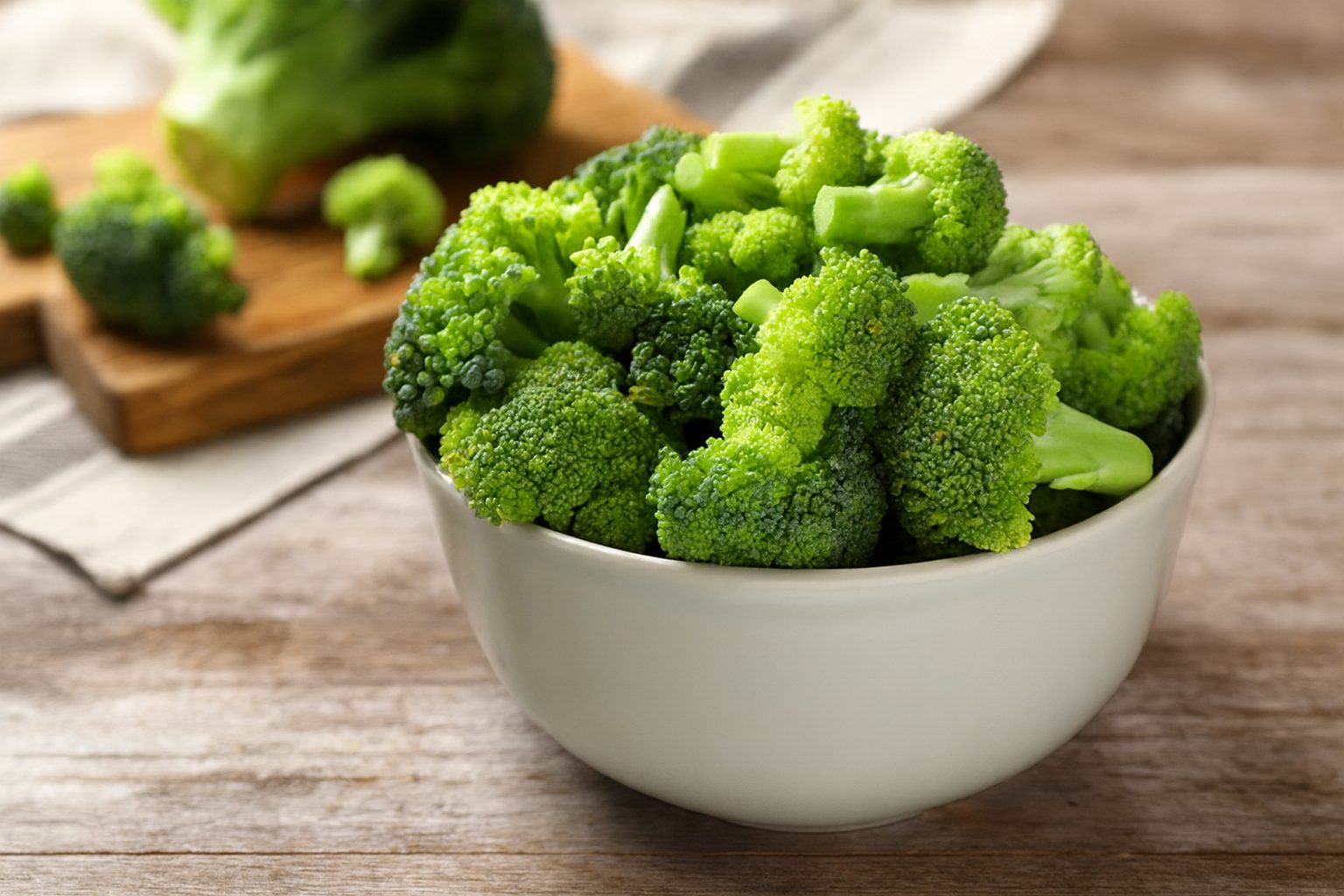
10 Incredible Ways Broccoli Boosts Your Health
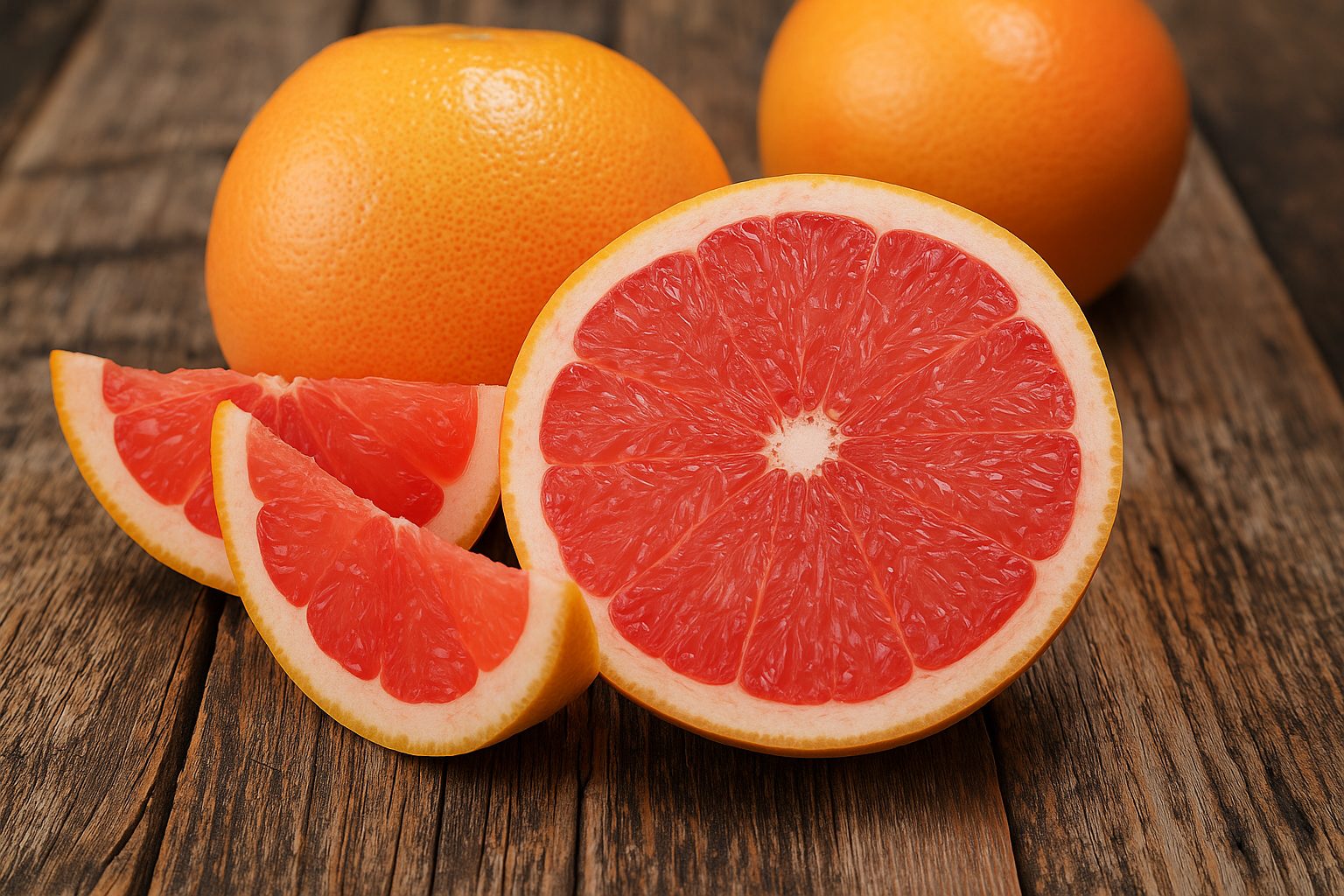
Grapefruit: 10 Reasons It’s Great for Your Health

6 Surprising Health Benefits of Coffee
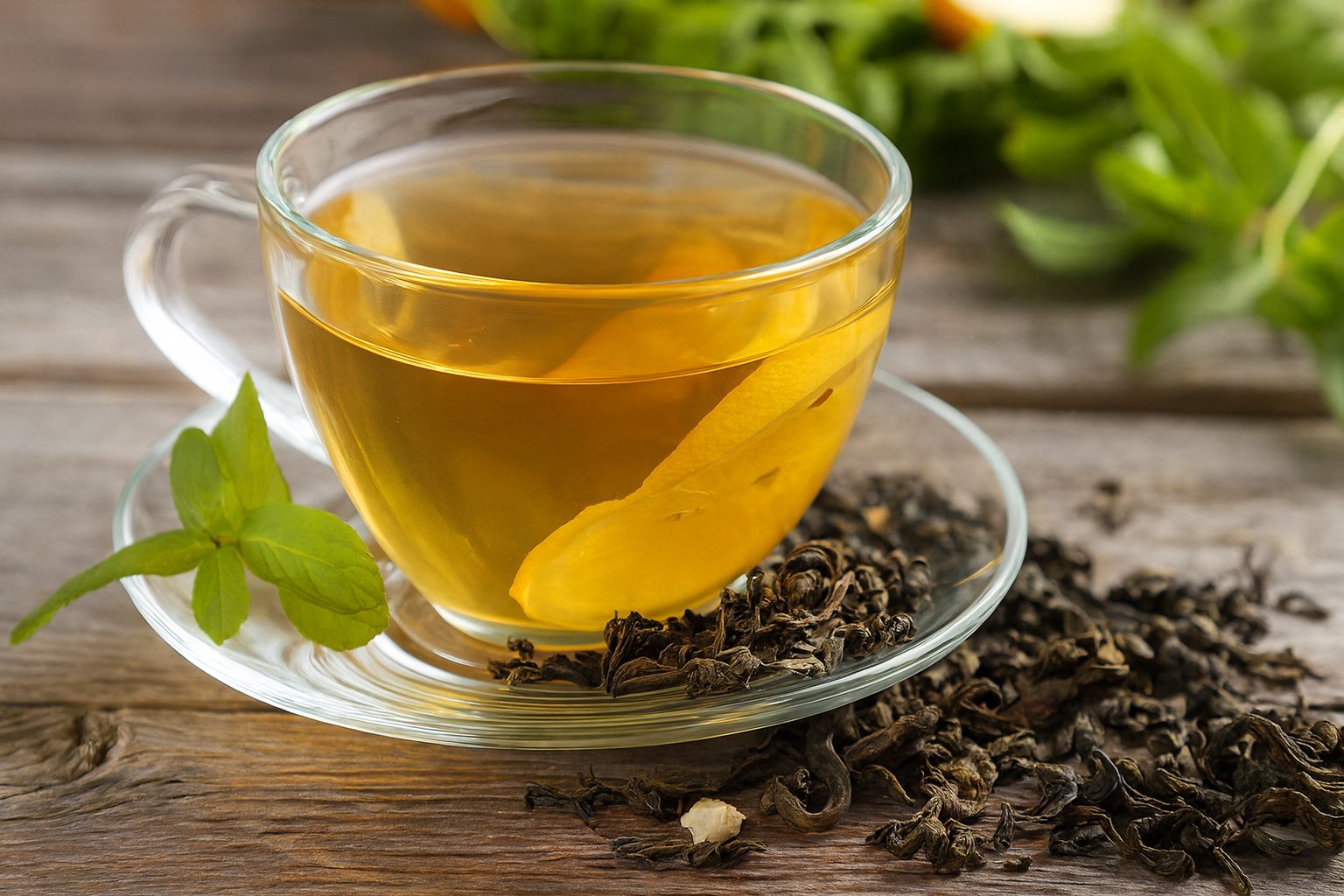
From Cup to Wellness: Green Tea’s Health Perks
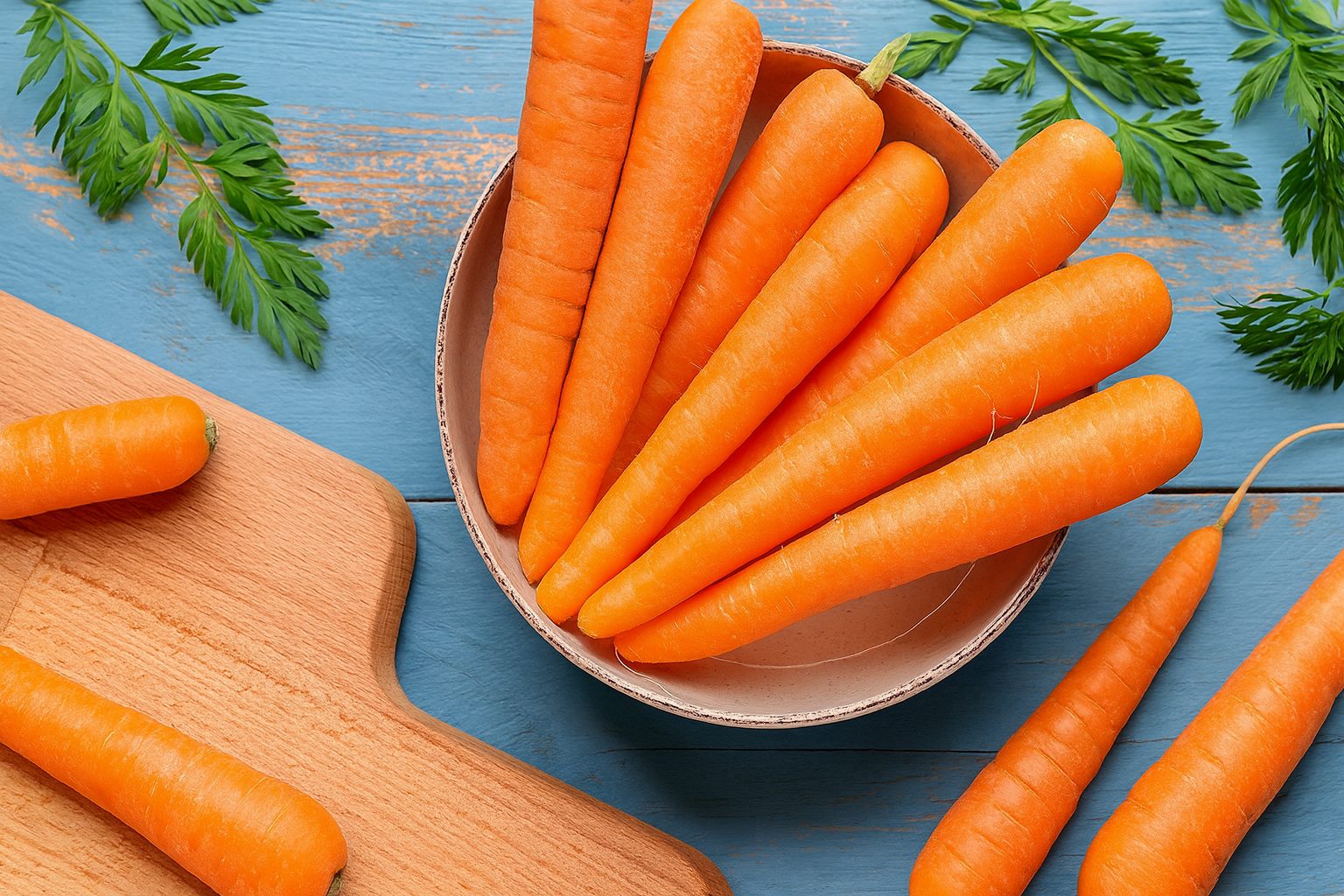
Eat More Carrots: Here’s What They Do for Your Health
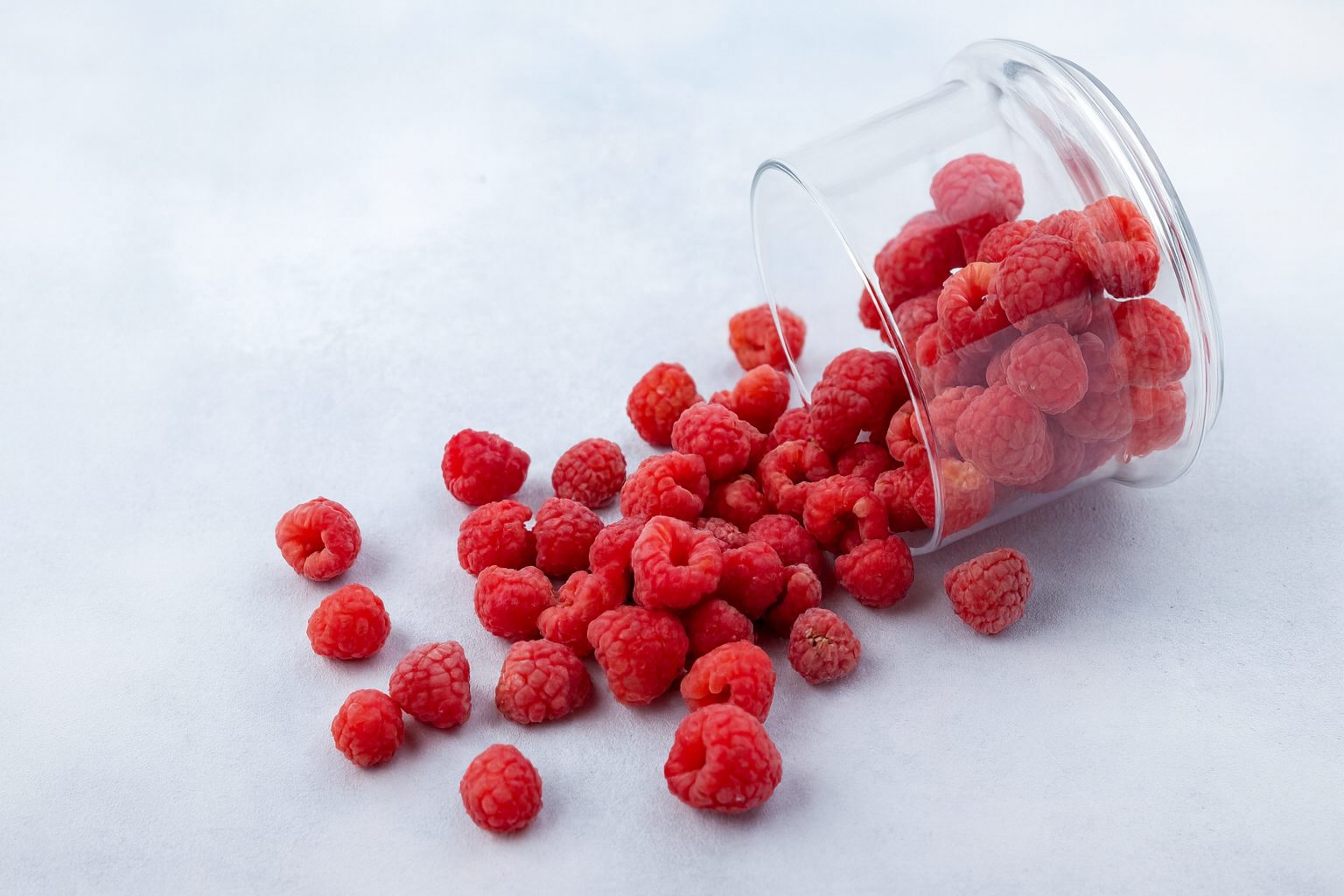
6 Reasons Raspberries Are a Nutritional Powerhouse
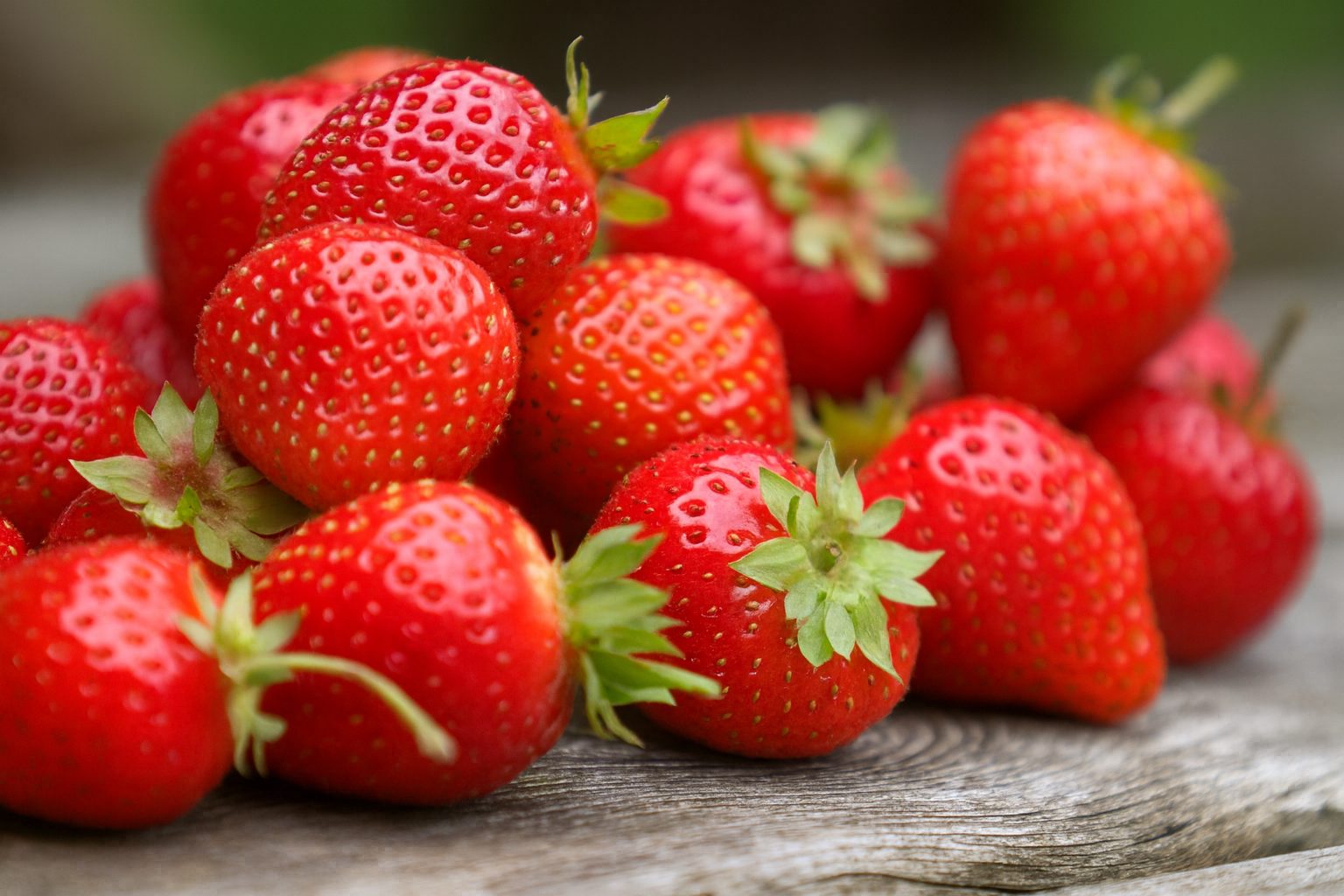
Why Strawberries Are More Than Just a Treat
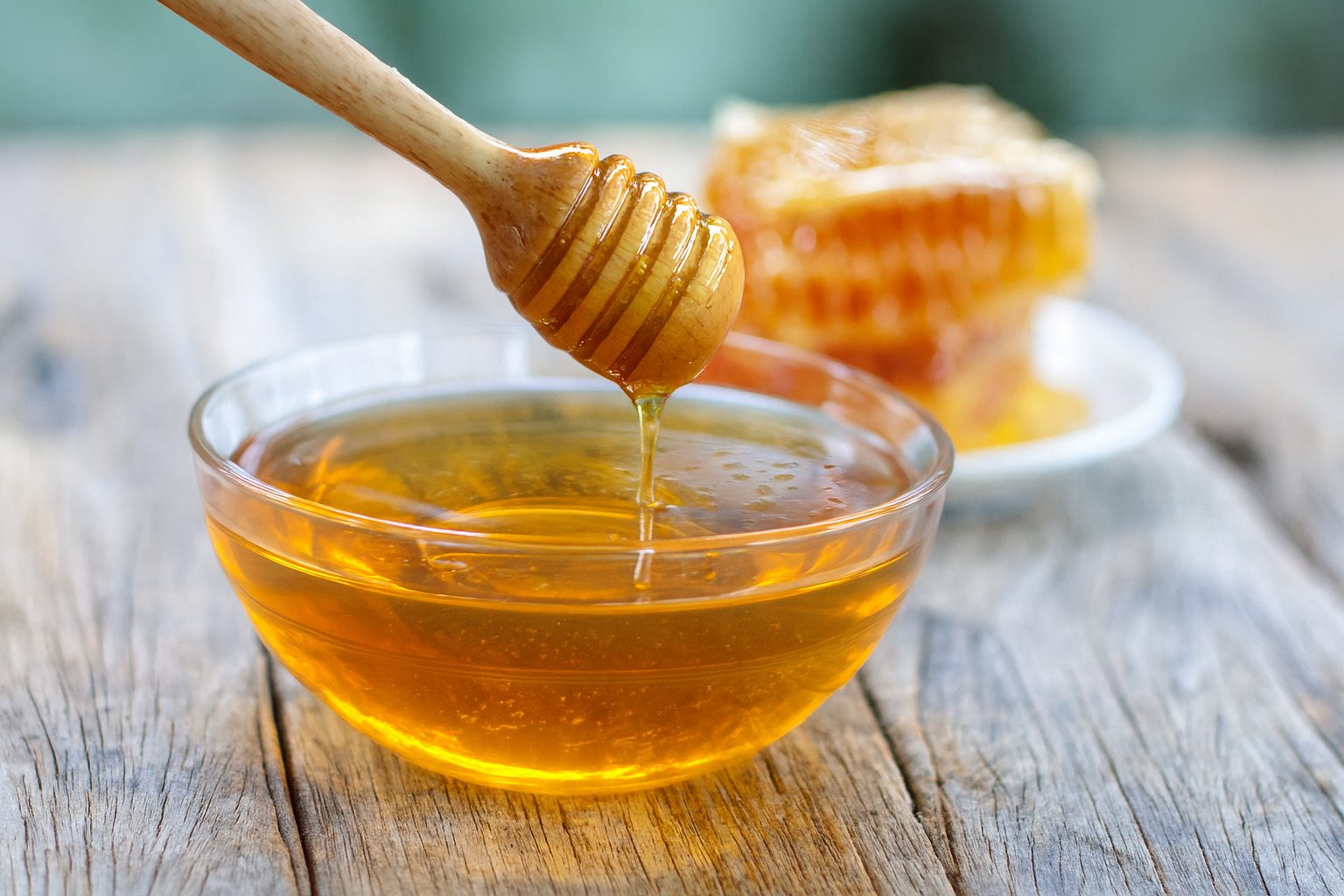
Nature’s Nectar: The Healing Power of Honey
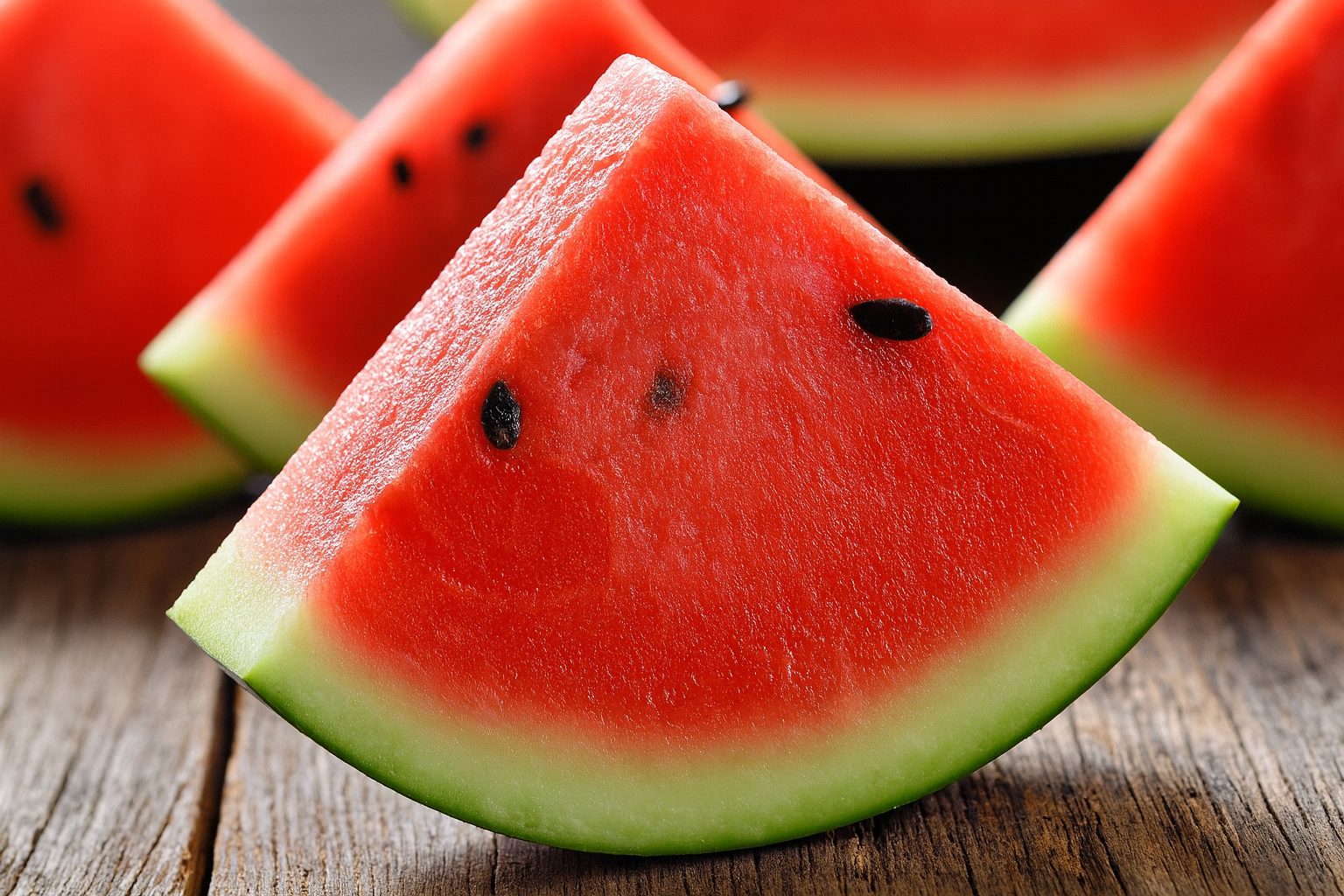
Watermelon Wonders: 7 Reasons It’s Great for You
